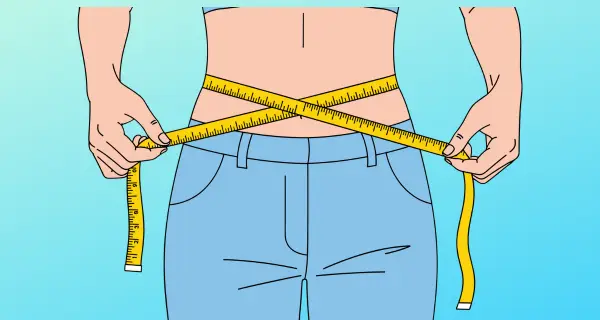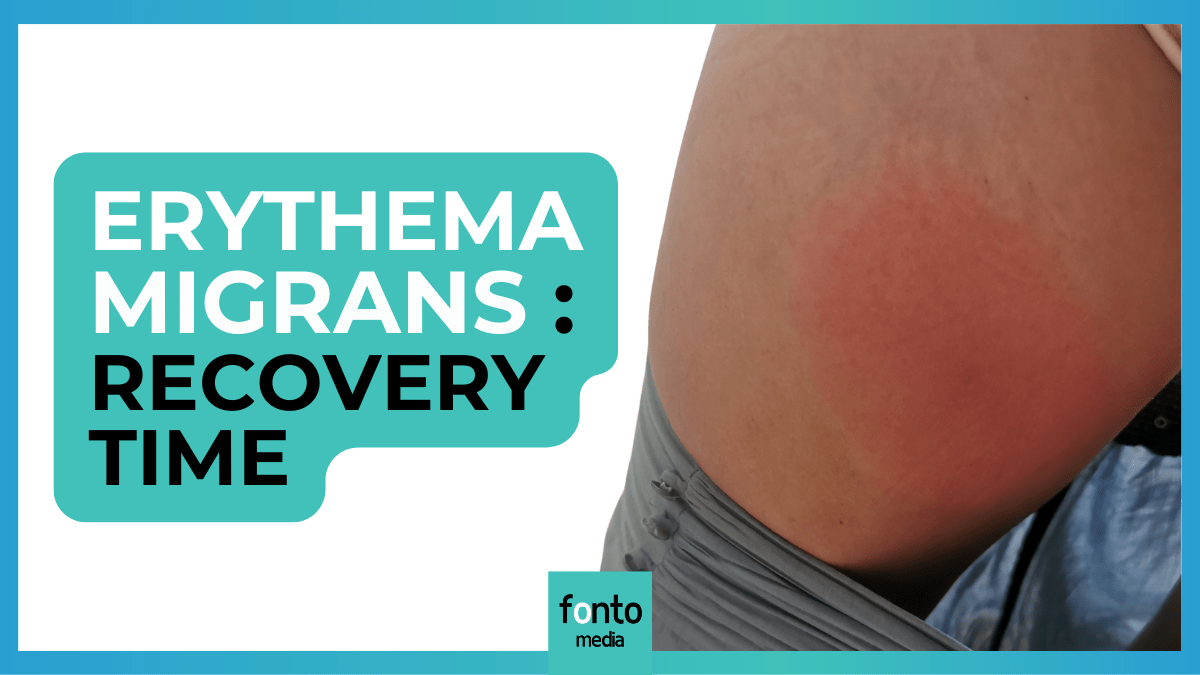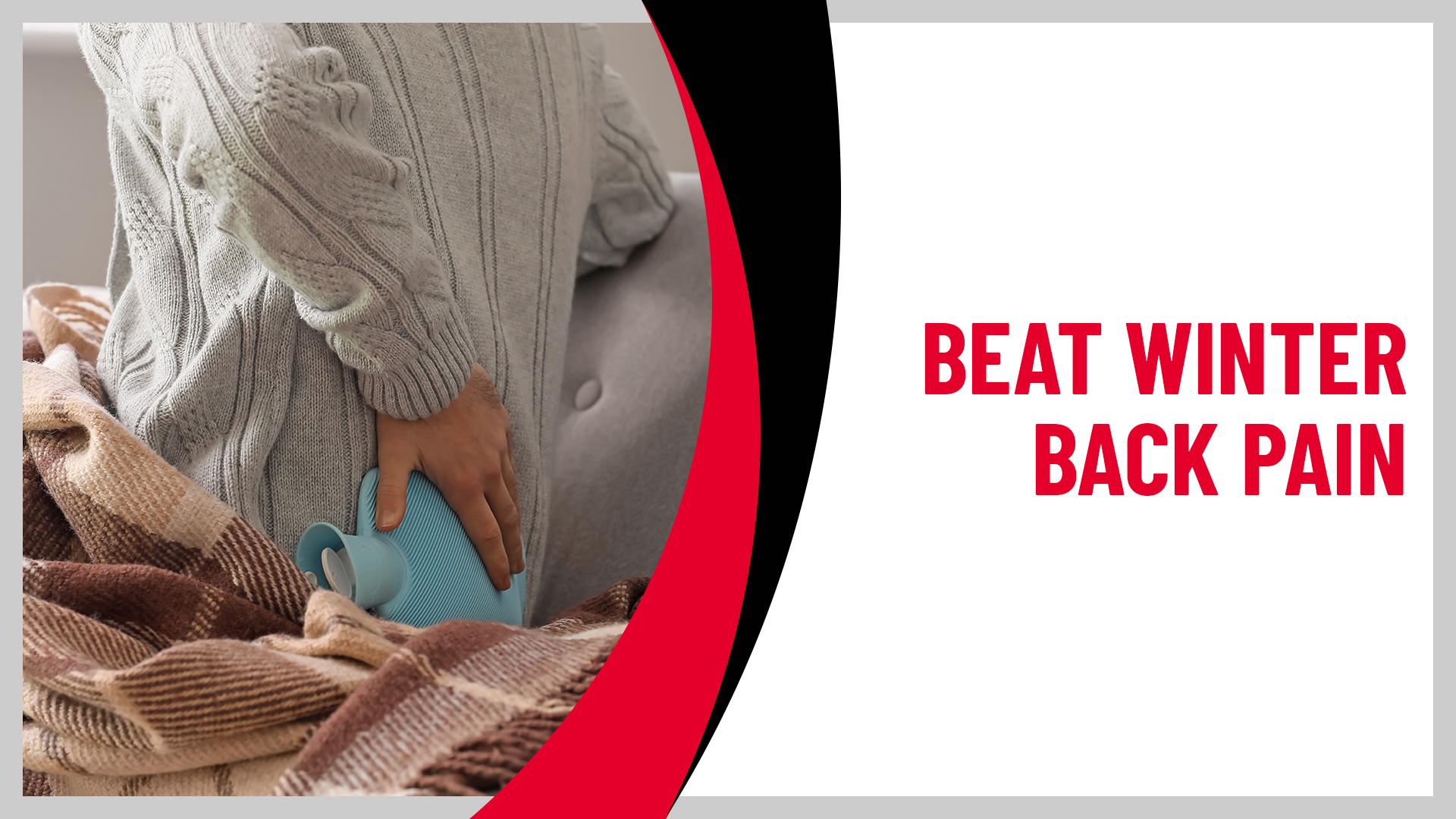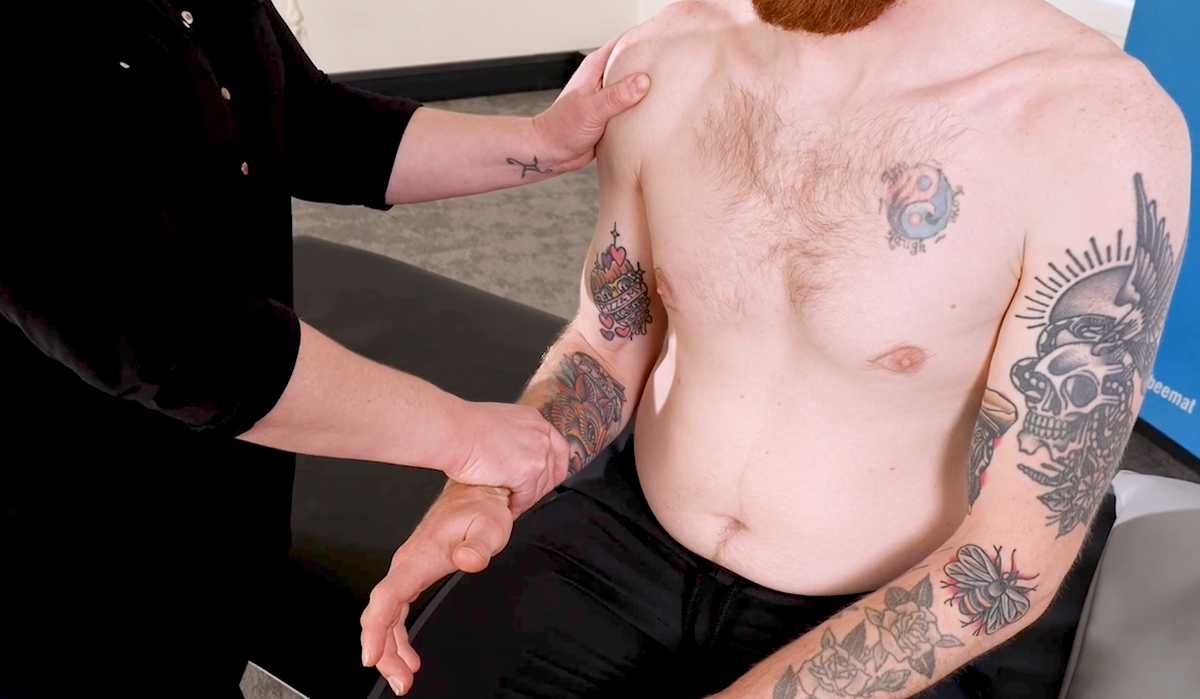Waist shape reflects not only body fat but also posture, breathing mechanics, fascia tone, and stress balance.
As women move through life from postpartum recovery to perimenopause and menopause, hormonal and connective tissue changes can cause the waistline to feel wider or less defined.
Research shows that increased abdominal pressure, stress-related cortisol, and decreased collagen elasticity all influence how the waist looks and feels.
The goal isn’t just a “smaller waist,” but a more functional, balanced, and resilient core, and that’s exactly what hypopressives help restore.









